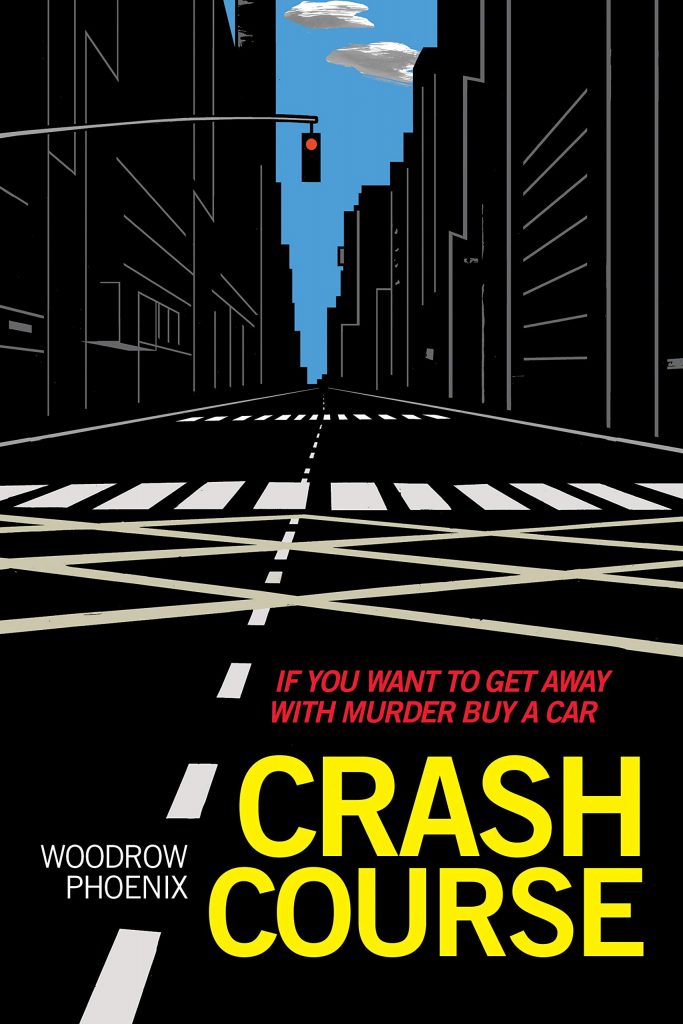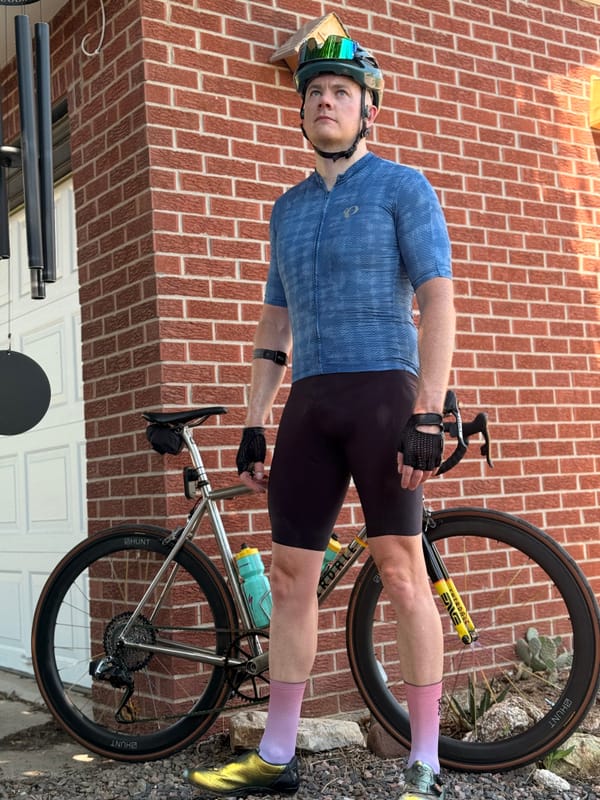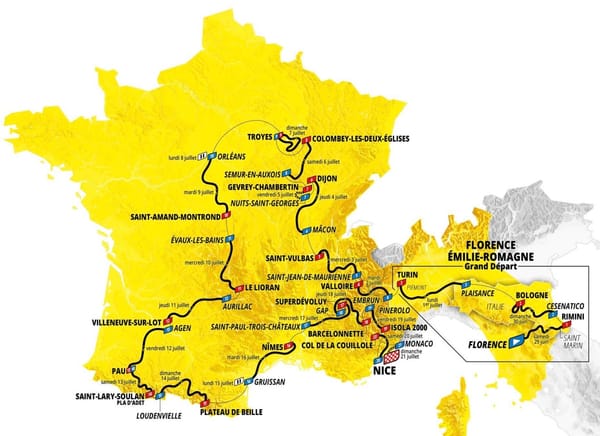Review: Crash Course: If You Want To Get Away With Murder Buy A Car by Woodrow Phoenix
Crash Course by Woodrow Phoenix is a painfully shocking indictment of driving which comes as less of a shock to those of us who spend significant amounts of time on two wheels. The British graphic novelist applies a not at all conventional medium for this kind of societal review in a thought-provoking and effective way.

Phoenix opens the novel with an analogy, that anytime you drive there’s a grand piano dangling from a flimsy attachment above your head. It’s a powerful image, and certainly a feeling I’ve had while riding on the 18-inch, gravel covered strip of road allotted me alongside careless drivers.
Crash Course then moves to the real-world with examples of people who were run down, by accident or purpose, and the perpetrators went free. Again, this is all too familiar. Any cyclist who spends enough time in the community will encounter someone who’s been hit by a motorist and maimed or killed. Seldom, however, is a motorist truly held to account. The word accident used to abdicate motorist’s duty to ensure safety to those around them, implying the crash was not preventable, despite the fact that a majority of collisions are caused by human negligence or error.
The top causes for road crashes are poor street conditions, distracted driving, drunk or impaired driving, excessive speed, and negligence on the part of the drivers. All of these causes are preventable.
Along the way, Phoenix weaves in the psychology of driving, institutional racism, and road rage “an indulgent, doting term, dignifying and excusing behavior that has no dignity and no excuse.” He also explores the many absurd rules of the road which increase danger and examines the vehicle as a weapon as in its use against activist Heather Heyer, who was struck by a car and killed during the 2017 white-supremacist rally in Charlottesville.
What resonates throughout is the way in which vehicles enhance the worst of human behaviors (and driverless cars programmed by them). The primal need to be first and fastest when applied to a gas pedal controlling a heavy metal box is deadly, especially when other road goers are pedestrians and cyclists. Phoenix says, “I wrote this book to make you mad.” I suppose that’s true, but more accurately it makes me sad.
It’s a stark reminder that “a car” has never hit anyone. Motorists hit people.





